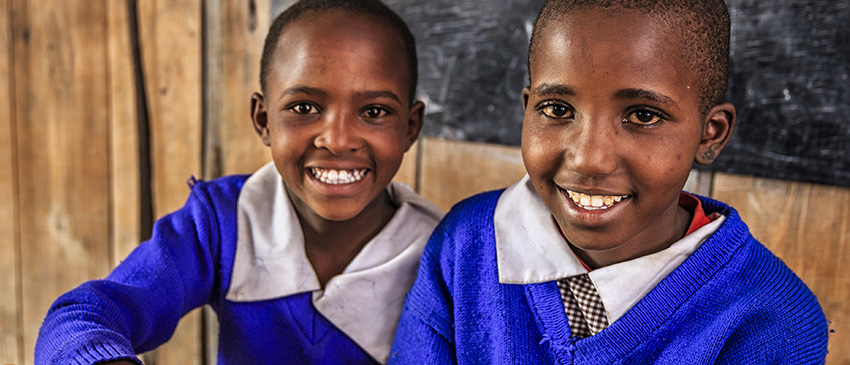
Analyzing Multisectoral Gender Considerations in East Africa
In January 2016, Banyan Global completed a detailed gender analysis report for the United States Agency for International Development (USAID)/Kenya East Africa to assist the mission in developing the Regional Development Cooperation Strategy (RDCS) for 2016–2020.
The gender analysis examined the gender dimensions of development within six key sectors across East Africa: trade, agriculture, environment, health, conflict, and governance. The analysis was informed by a literature review and primary data collection that captured current gender-integration policies, strategies, best practices, and common challenges. The literature review synthesized the information from 35 documents, and it was supplemented by 69 informant interviews conducted in six East African countries: Kenya, Rwanda, Tanzania, Zambia, Djibouti, and Uganda.
The analysis reveals that gender roles and norms, and the underlying imbalance of power that shapes them, create substantial difference in how men, boys, women, and girls are able to engage in all development sectors. Consequently, these disparities limit the opportunities, health, and well being for women and girls as well as their families and communities, thus hindering more robust development across the region.
Finally, the report presents detailed recommendations that USAID can prioritize and invest in for institutional strengthening around gender. These recommendations include recruiting and building technical expertise, allocating funds specifically for gender work, and ensuring that gender analyses are fundamental to USAID programs. To integrate gender effectively and ethically, programs must address the underlying power imbalances between men and women because not doing so could cause more harm.
Banyan Global’s gender analysis team worked together seamlessly to collect, analyze, and produce a significant amount of work for USAID mission staff in East Africa. Recently, the mission’s economist and task order contracting officer’s representative, Alexander Albertine, shared that the gender analysis “was exceptionally useful in the RDCS process and in integrating gender considerations in the mission’s strategic thinking at all levels of the results framework.”
